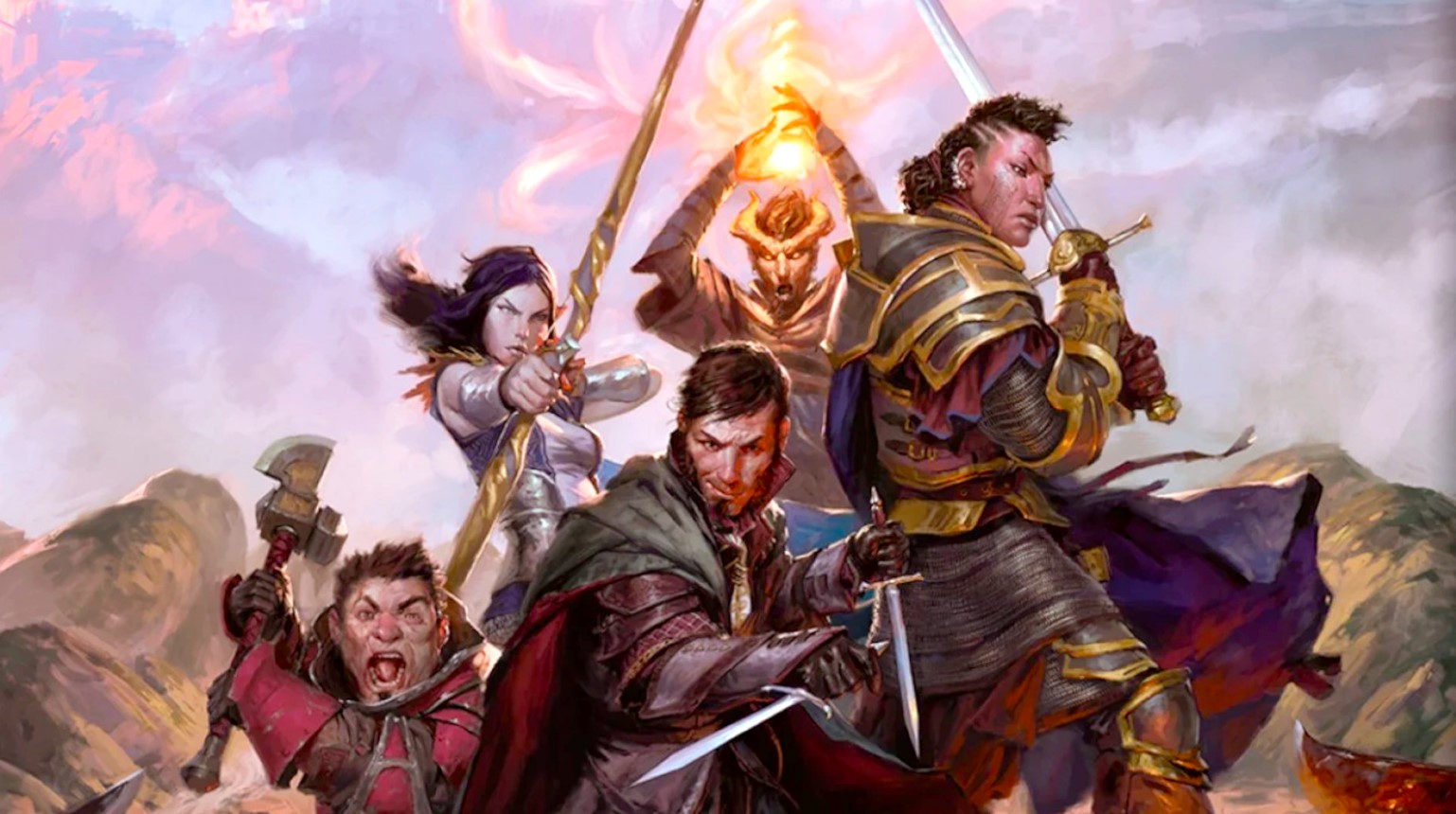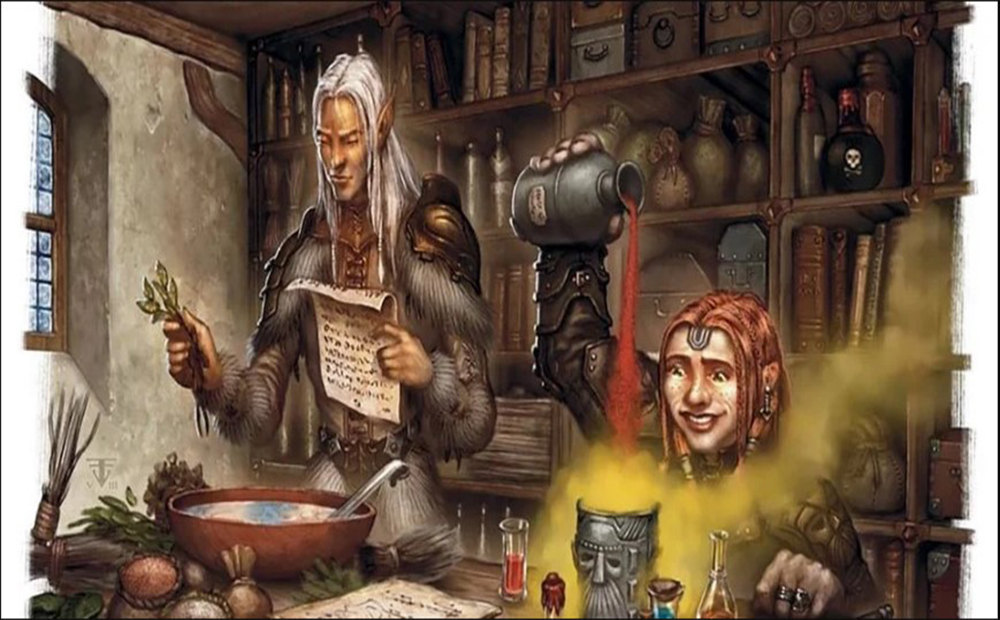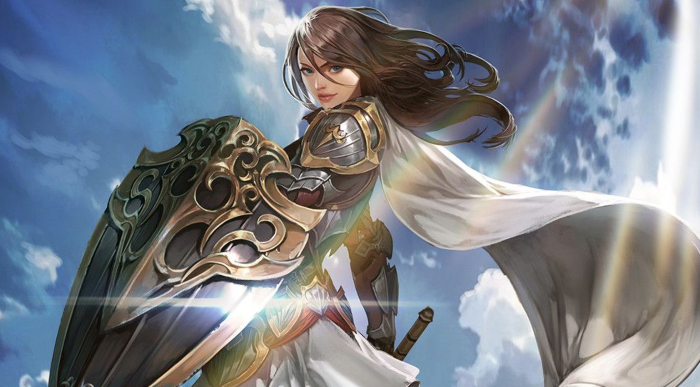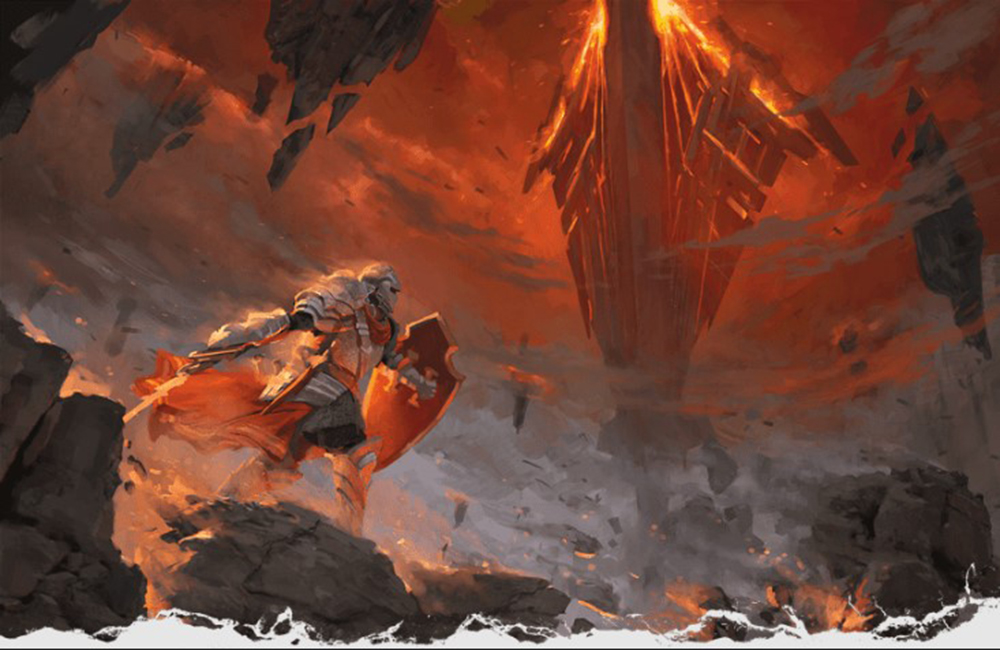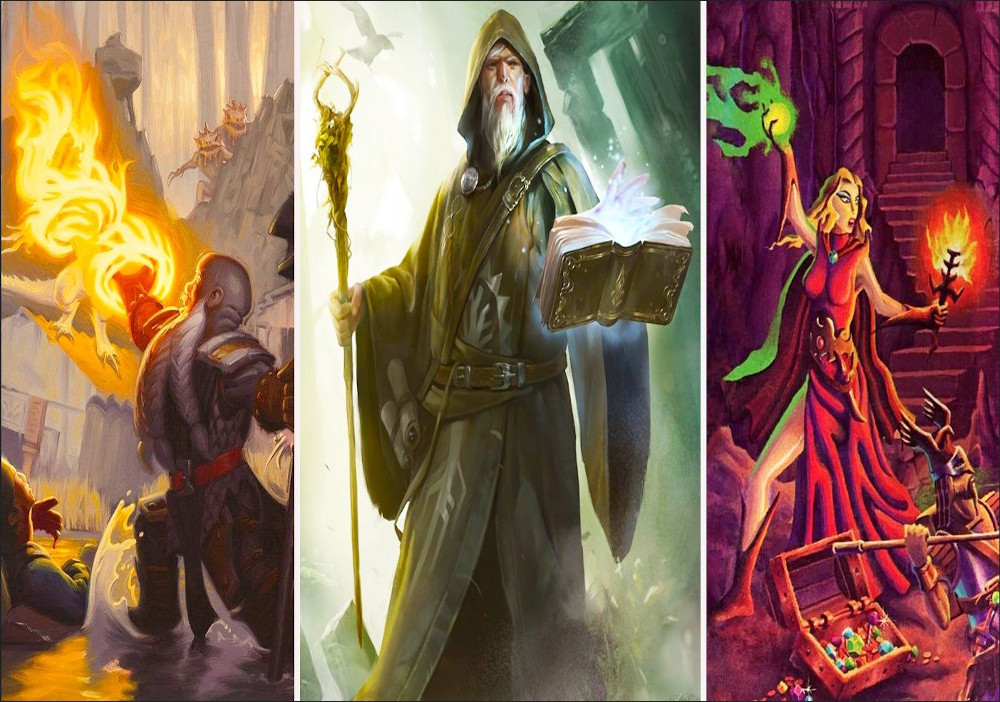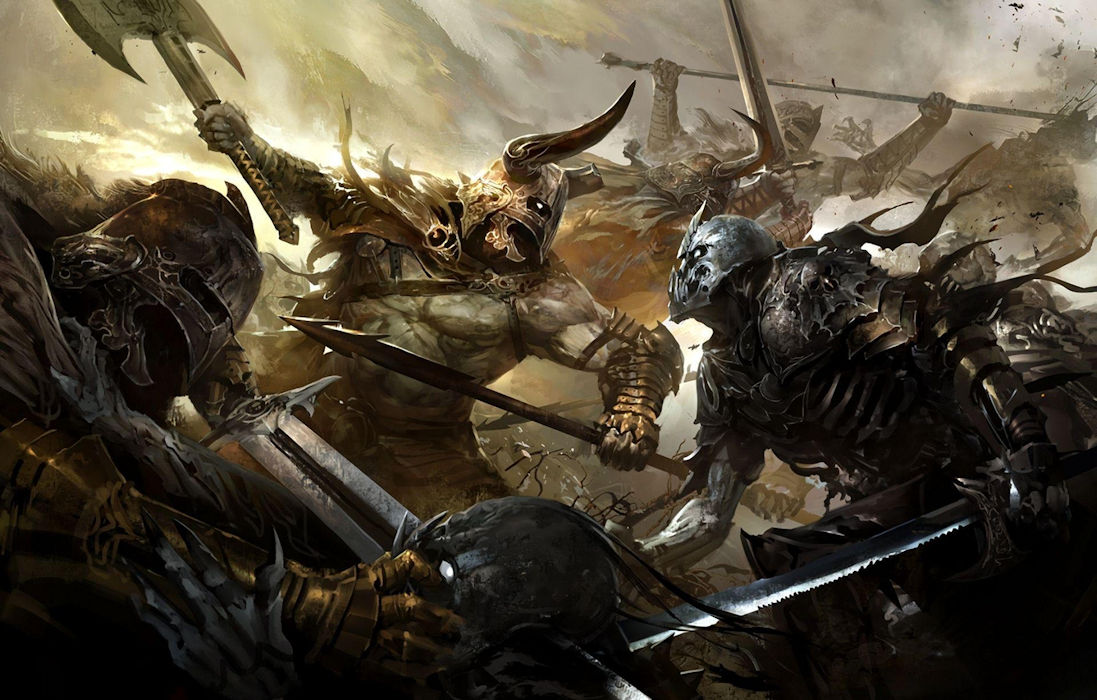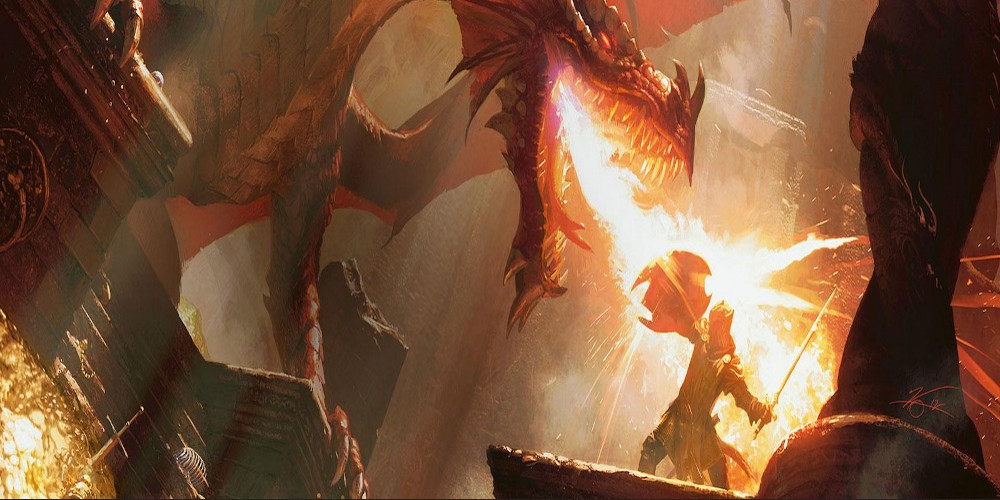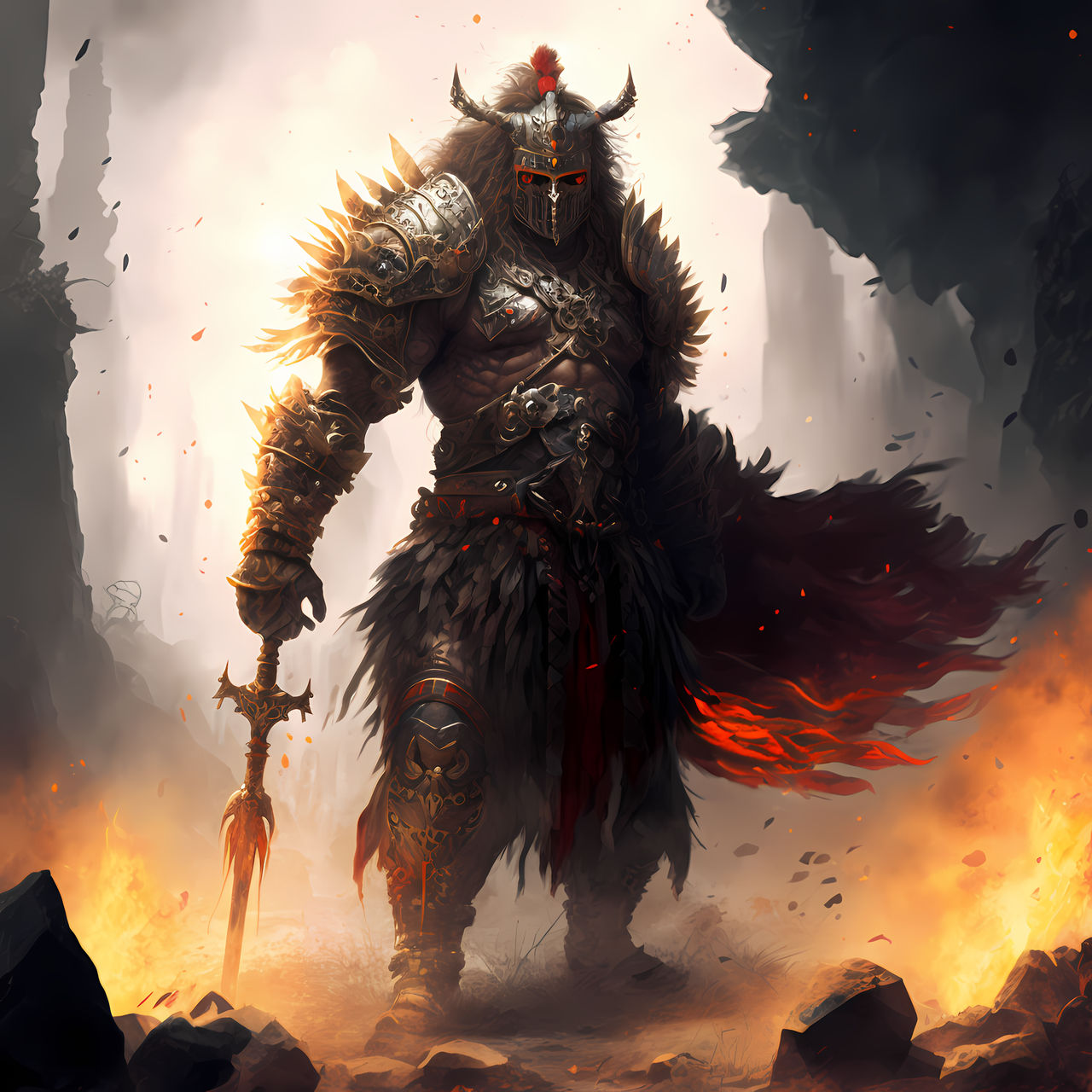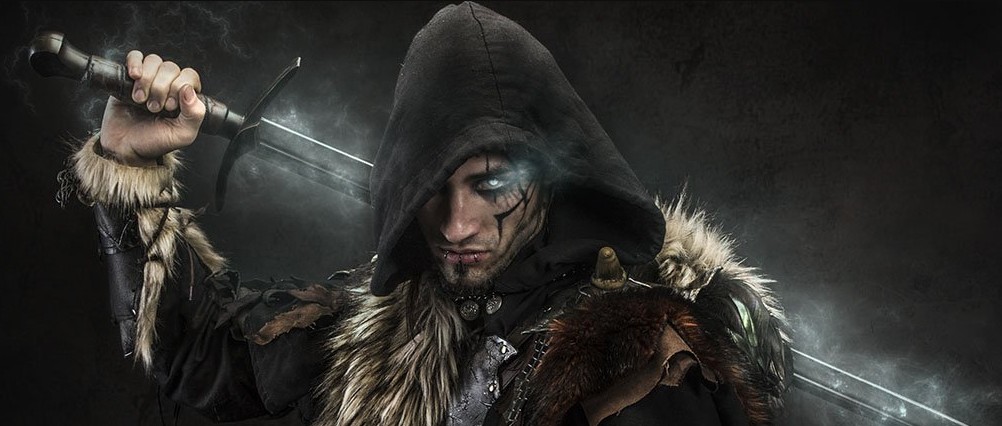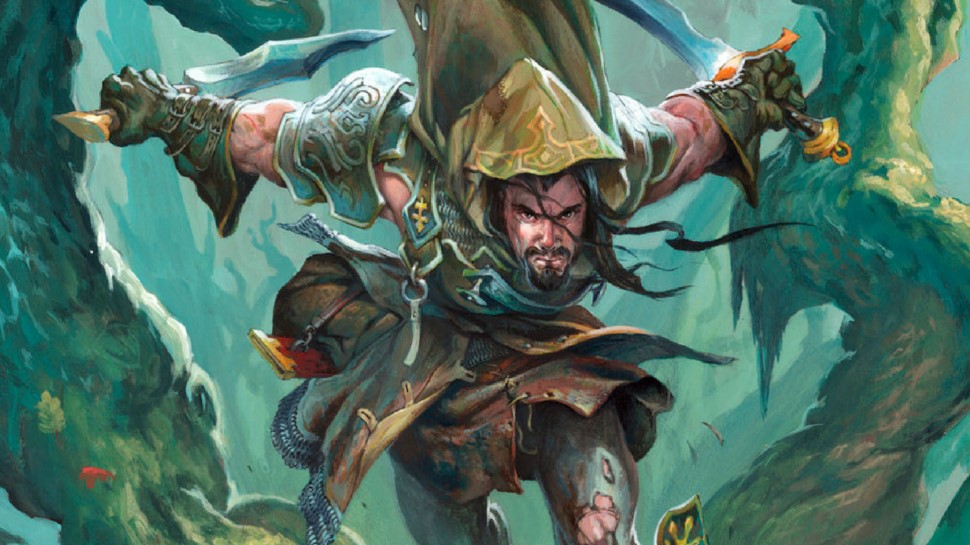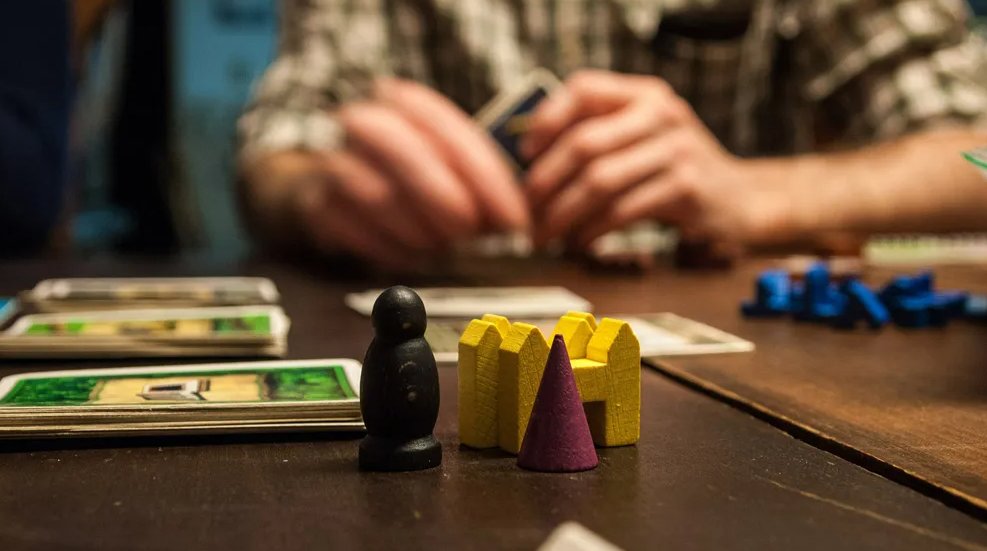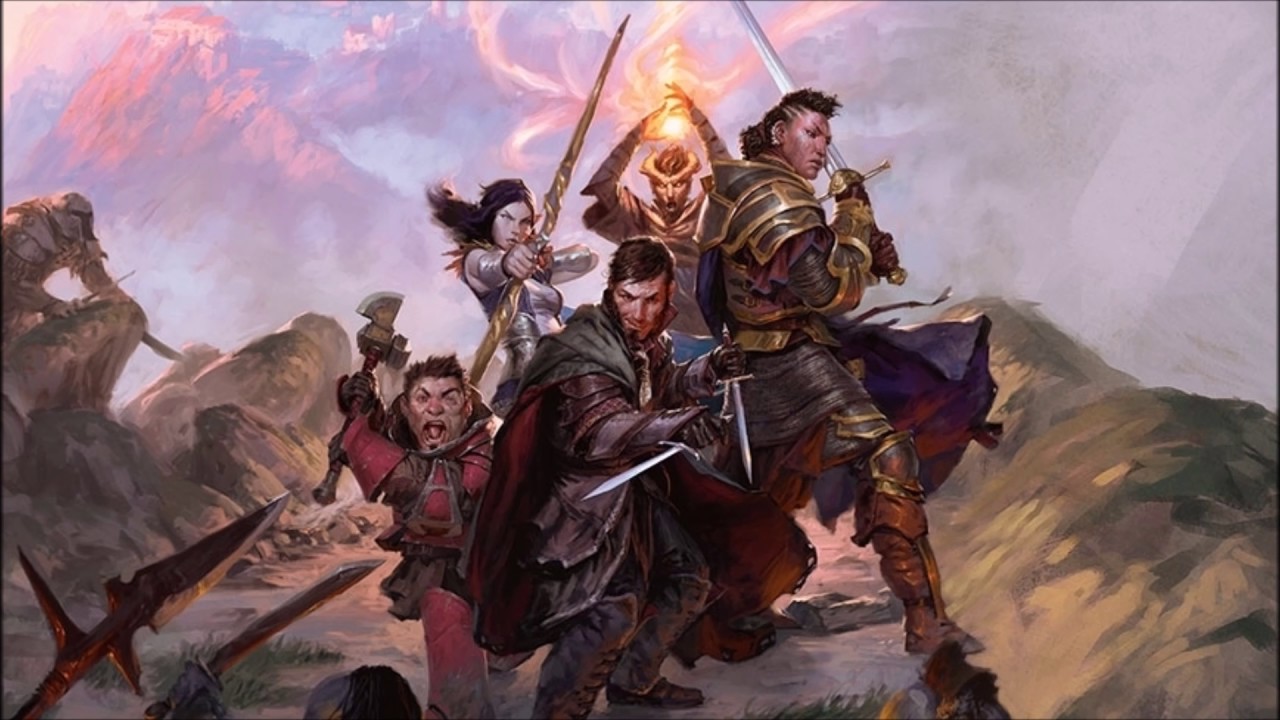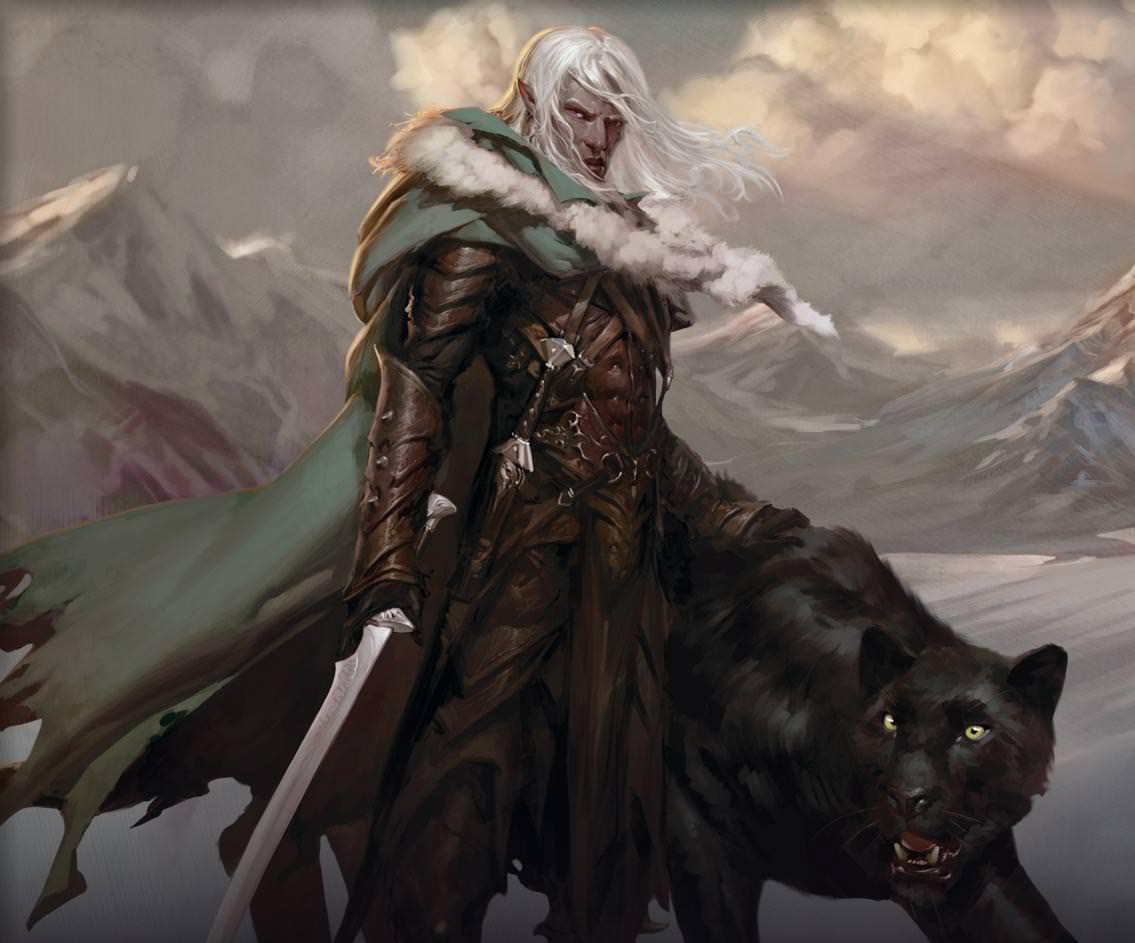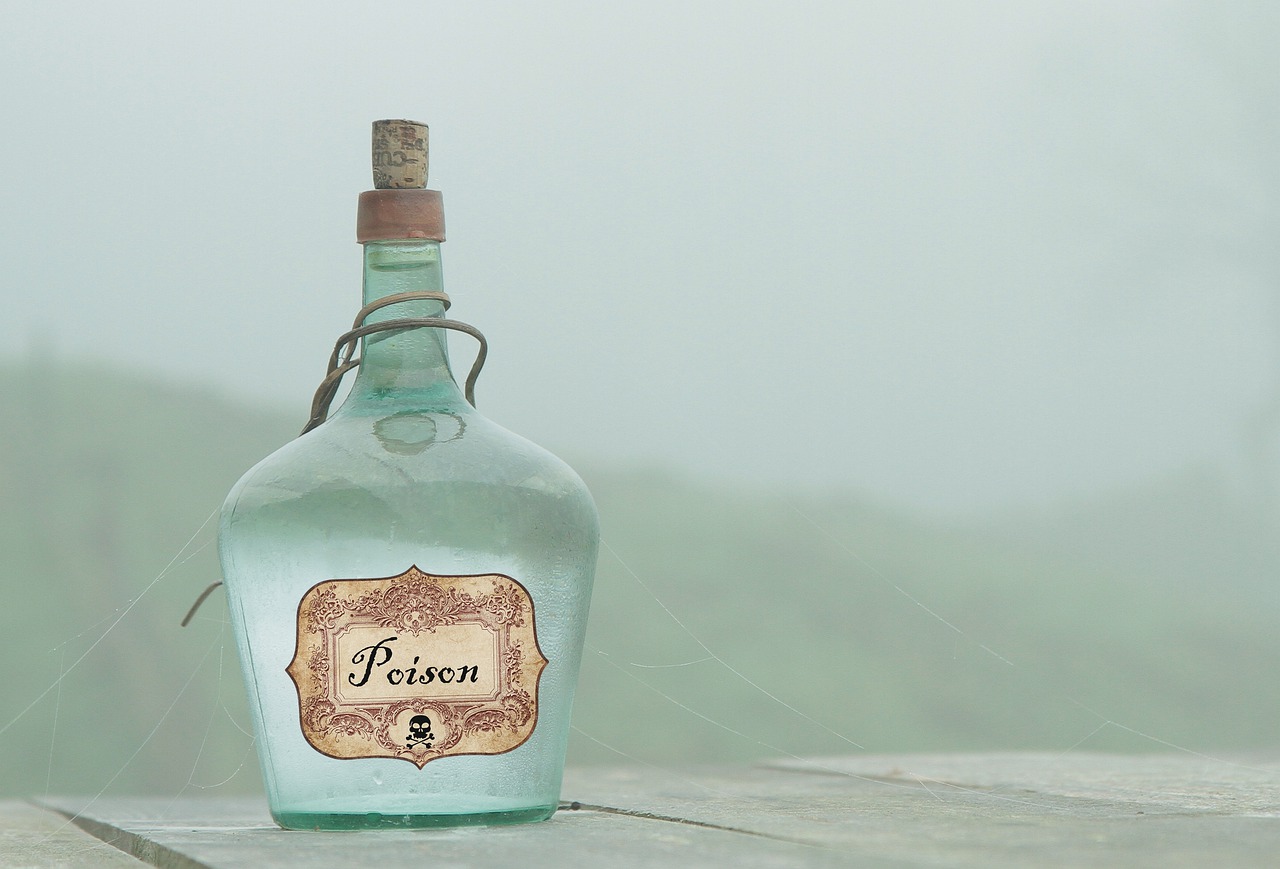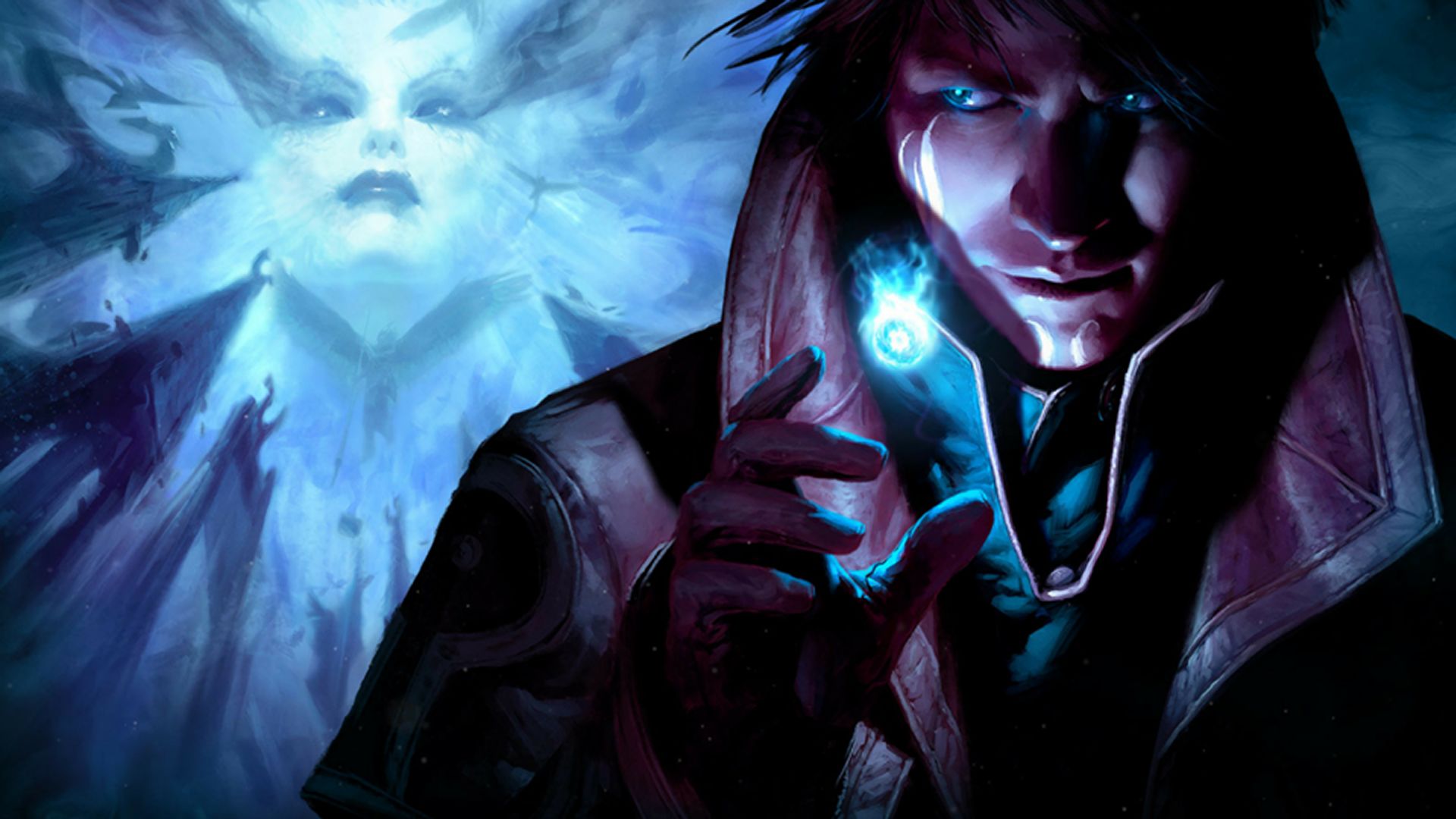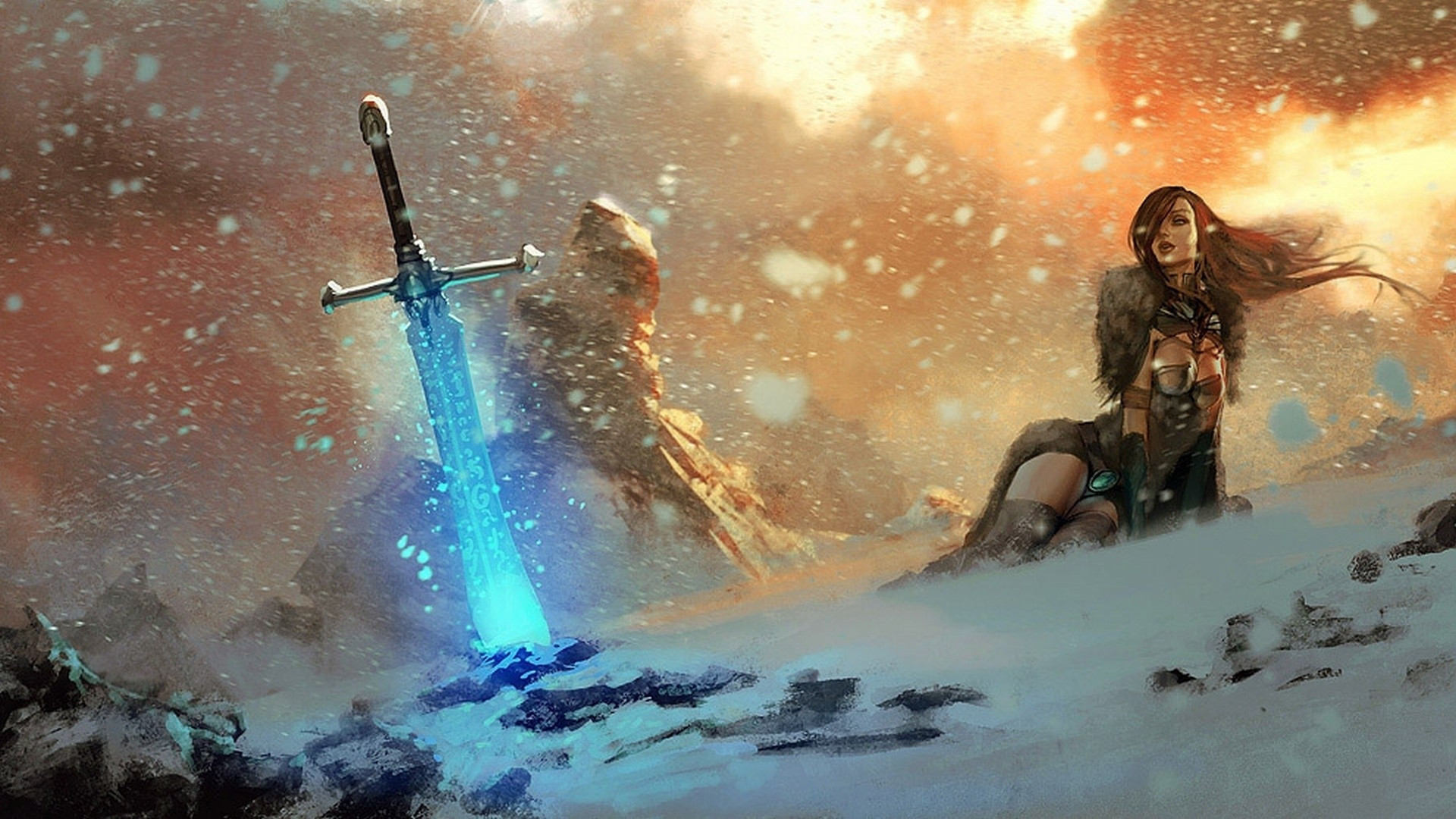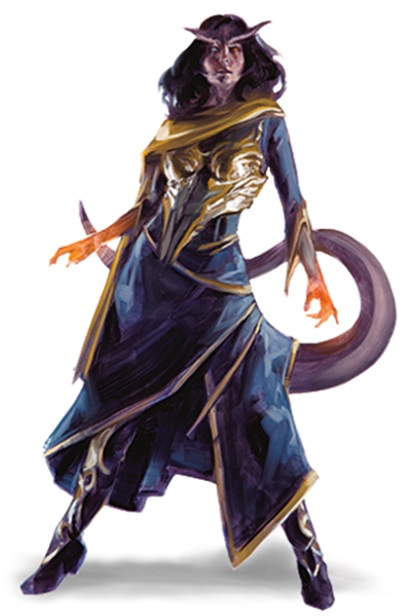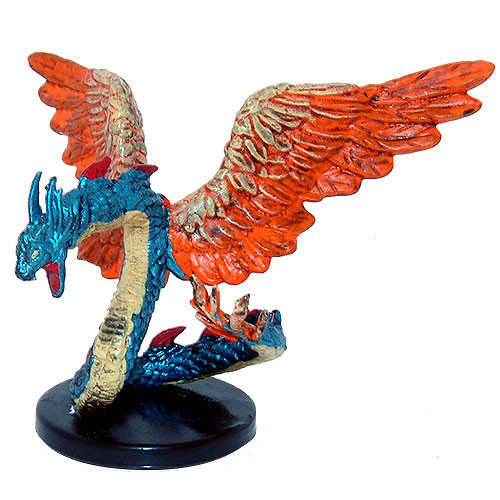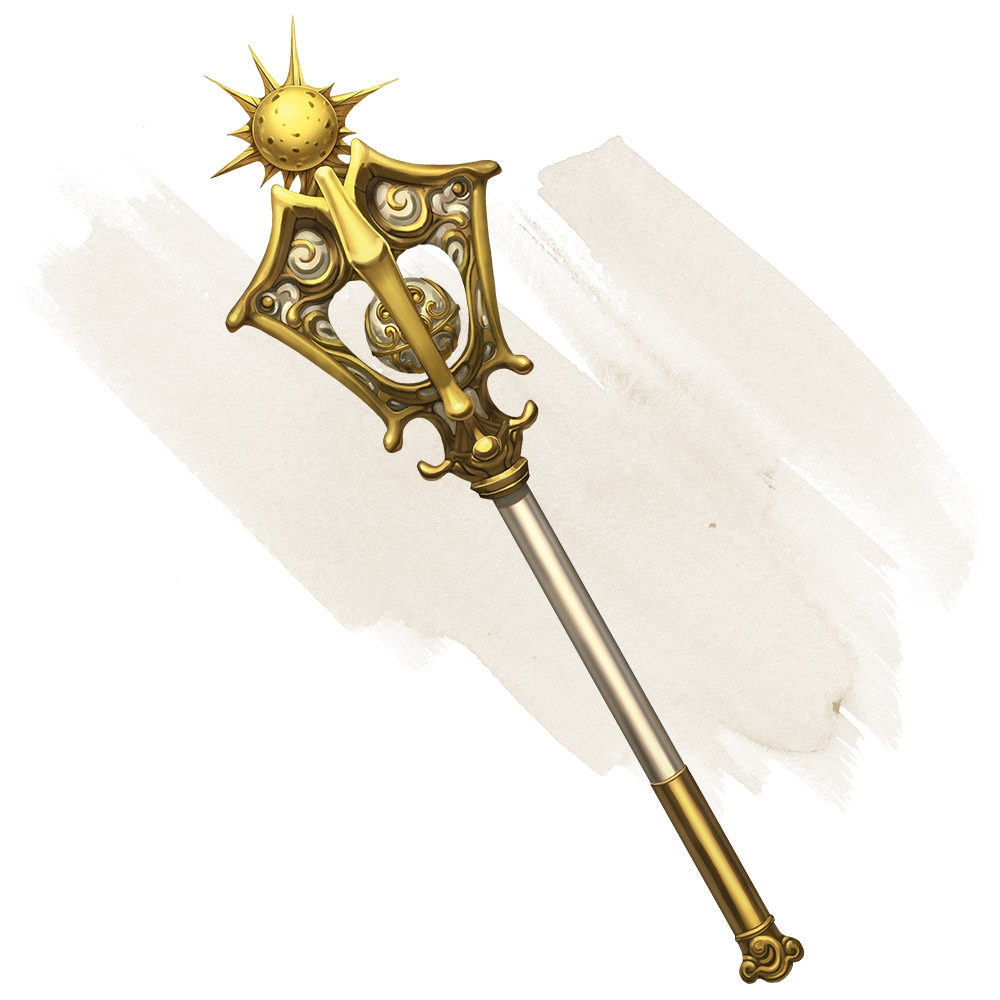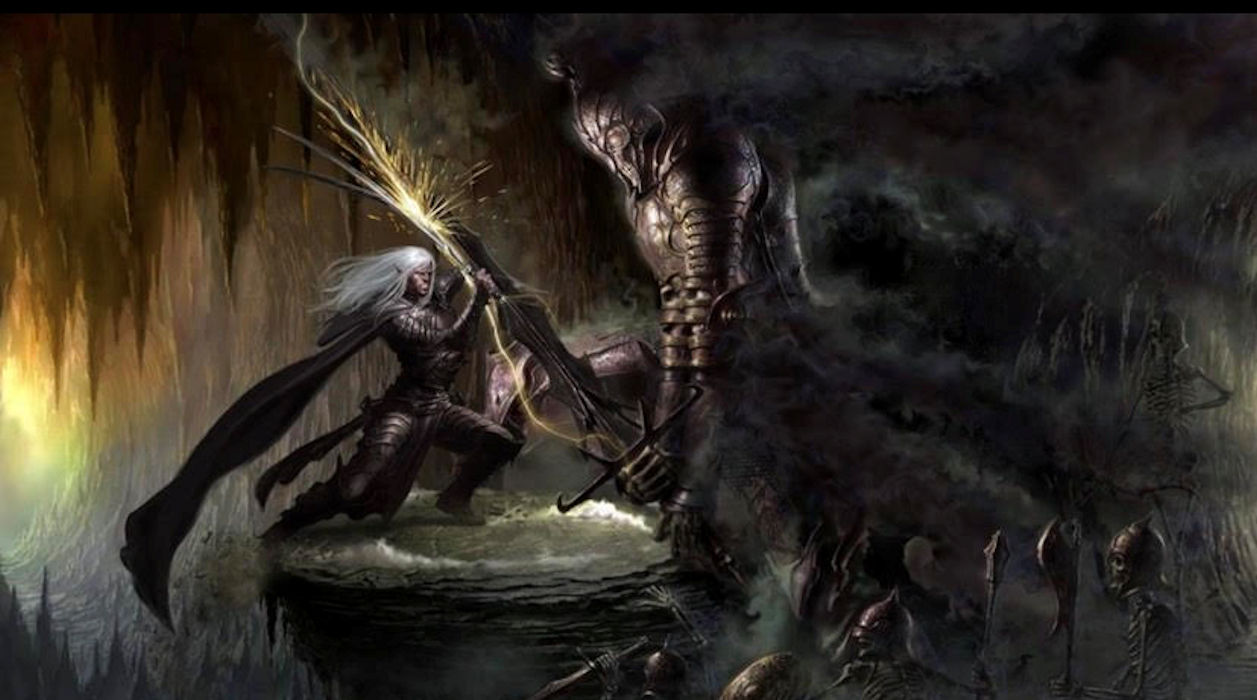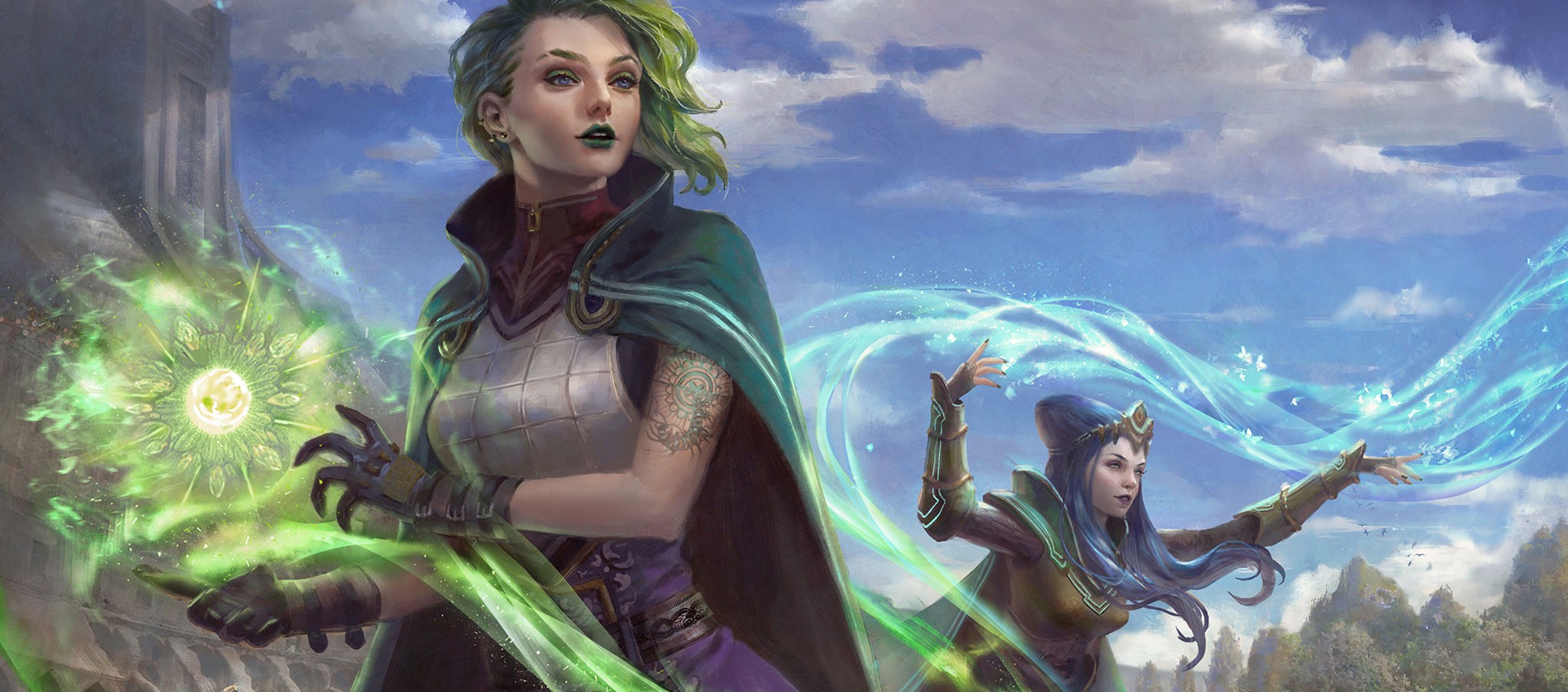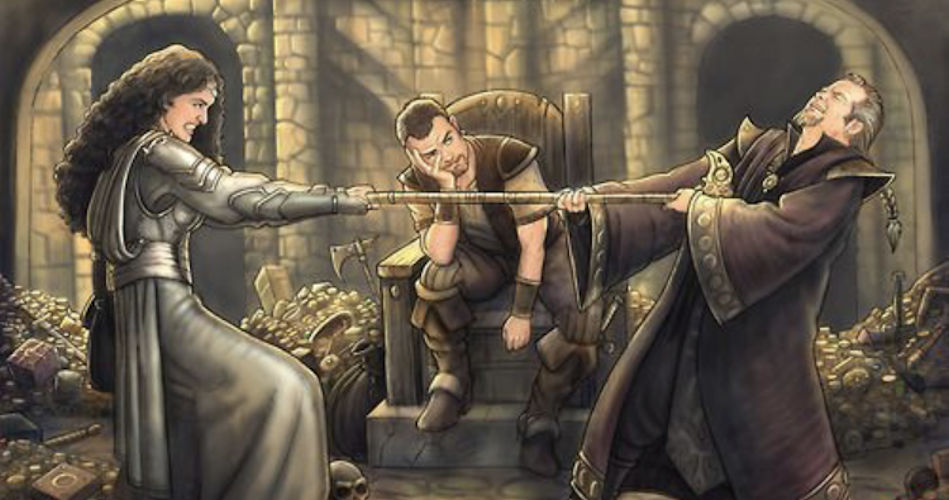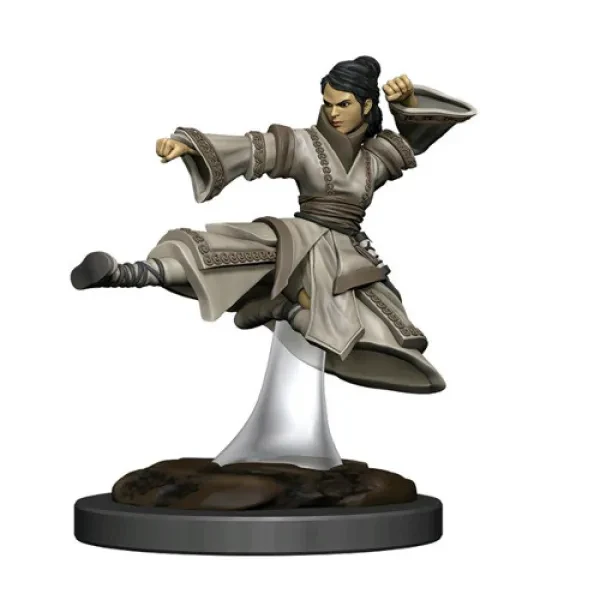
Updated:
03 Jul 2021
One of the biggest decisions that a player must make when creating a character is the class. Which class is best to play in Dungeons & Dragons 5e? According to the D&D Player’s Handbook, there are 12 classes: barbarian, bard, cleric, druid, fighter, monk, paladin, ranger, rogue, sorcerer, warlock, and wizard. Read on to find out my top five selections, based on gameplay and research, for the most powerful classes in D&D!
5. Cleric
Image
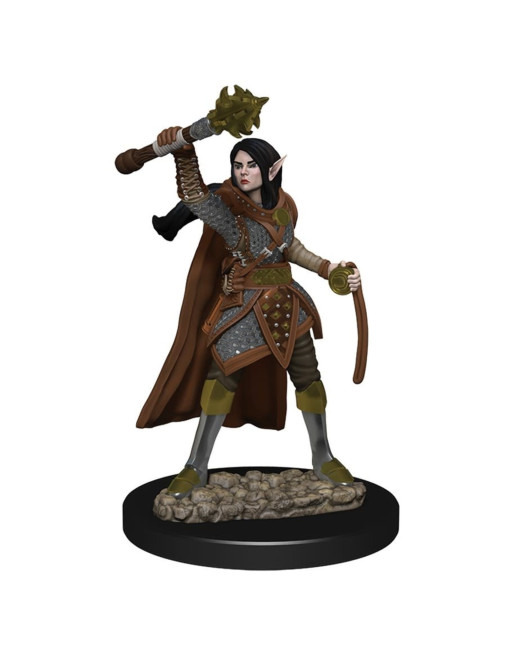
The D&D Player’s Handbook defines cleric as “a priestly champion who wields divine magic in service of a higher power.” I have played clerics for both D&D and Pathfinders games. The Cleric is considered as the party’s healer. They can also use spells, such as Bless, that assist the party. Read more to find out why clerics are literally a blessing to play!
Why Cleric is Needed:
- Clerics are needed to heal themselves and/or the rest of the party. In my current campaign, my cleric has saved us from TPK (Total Party Kill) a couple of times.
- When there are a lot of undead creatures, Clerics are useful. They can also cast spells that affect undead monsters where other magic users cannot.
- Most of the creatures that a party will encounter will have an evil alignment. A cleric with a good alignment will be effective in game play by turning or casting spells on them.
Pick Cleric if...
- The DM’s campaign features a lot of undead monsters. Clerics will be needed to turn them away and/or destroy them.
- Your character has high Wisdom & Charisma scores.
- There are no other clerics in a party and/or if your party is smalI. I recommend having at least one cleric in every party for healing purposes.
4. Fighter
Image
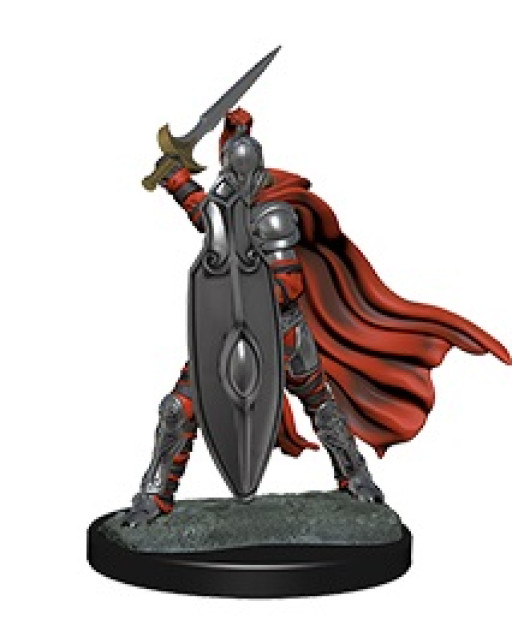
My friend who plays a fighter in our game refers to his character as a meat shield. It’s kind of true, because Fighters are on the front lines in combat and usually take damage first. The D&D Player's Handbook provides a more dignified definition: “A master of martial combat, skilled with a variety of weapons and armor.” If you are interested in playing a fighter in your next game, keep reading!
Why Fighter is Needed:
- Fighters can handle taking a lot of damage from opponents and can in turn deal a lot of damage (d10) in battle.
- Most combats are up close (hand-to-hand) and Fighters have a wide span of techniques and weapons they can use, including shields, in battle.
Pick Fighter if...
- Strength, Dexterity, and Constitution scores are high (and in that order).
- You can play your character through a calculated and methodic paradigm. (Fighters are usually no-nonsense and all about strategy.)
- Your party is small. You will need a fighter to protect other classes, especially on new and lower-level adventures.
3. Monk
Image
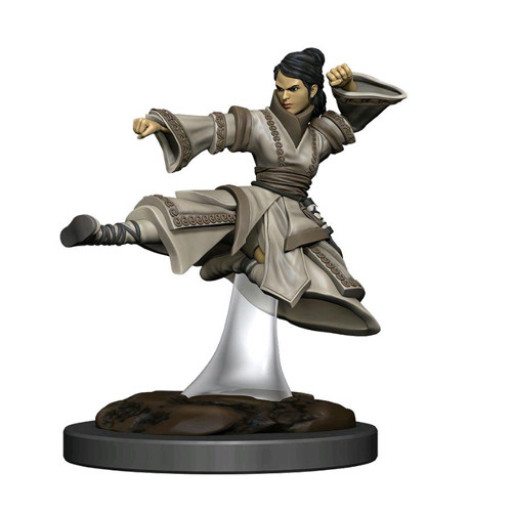
Although this is not usually what a person thinks of when considering which class to play. However, Monks are powerful after sixth level or so. My husband plays a monk in our RPG game and his character can deal some massive damage! The D&D Player’s Handbook states that a monk is “A master of martial arts, harnessing the power of the body in pursuit of physical and spiritual perfection.” If you are interested in playing this unique class, read on!
Why Monk is Needed:
- The damage caused by a monk is d8 without modifiers or magic, so they can be useful in combat; monks can also make an unarmed strike as a bonus action.
- By using the mystic energy of qi to power their class features, Monks can get several abilities that are helpful in or out of combat, such as extra movement, deflecting missiles, and even becoming invisible for a minute!
- The monastic traditions that they follow can give even more special abilities and with the Way of the Four Elements tradition, they even acquire spell-like abilities.
Pick Monk if...
- You have more than three players in your party.
- Your Dexterity, Wisdom, and Strength scores are high.
- You enjoy having the ability to move around the map in a battle.
2. Rogue
Image
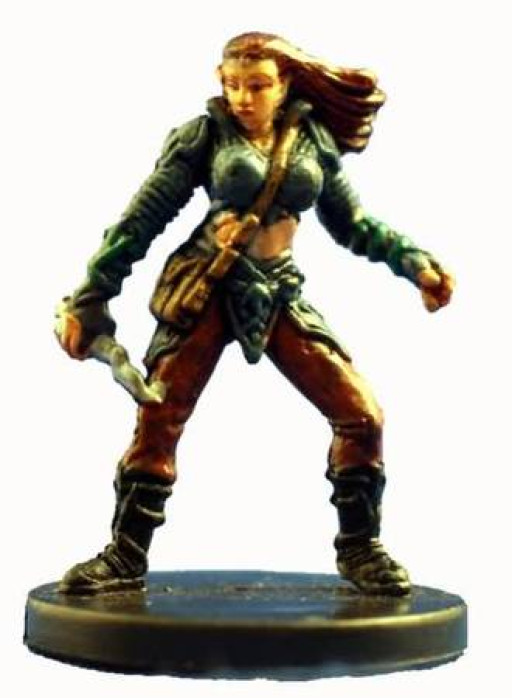
Rogues are fun to play, because they are not usually super pious due to their vocation. I am currently playing a rogue and am having a great time! I also love the definition that the D&D Player’s Handbook provides for rogues: “A scoundrel who uses stealth and trickery to overcome obstacles and enemies.” Scoundrel! (Han Solo, anyone?) Read on to find out more about this fun class! (Yes, I may be a tad bit biased.)
Why Rogue is Needed:
- Even assassin rogues can save lives (rather than take them) by finding out information, discovering dangerous and deadly obstacles, and alerting the party to danger.
- Rogues are the locksmiths and handy; they are great to have around to pick locks, remove traps, and sneak attack opponents.
- Not only can rogues attack from behind, but they can also fare reasonably well in melee and hand-to-hand combat.
Pick Rogue if...
- There is a small party, as Rogues have great survival skills.
- Your Dexterity and Intelligence scores are high.
- Your character does not have a strong moral compass.
1.Wizard
Image
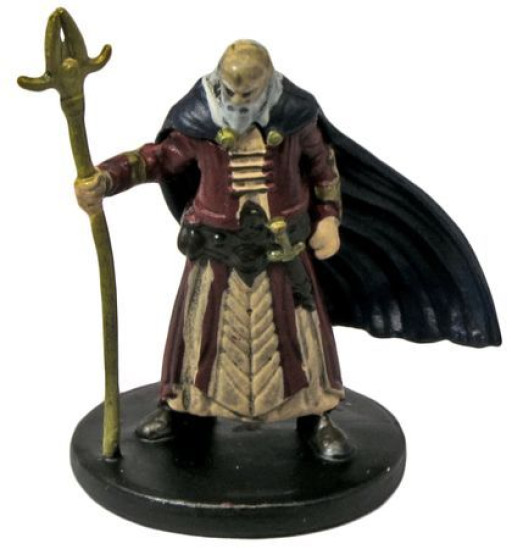
Last but not least is the Wizard! When I played 1e, I believe the only class available was Magic-User. The wizard is the D&D 5e version of magic-users. The D&D Player’s Handbook defines Wizards as “a scholarly magic-user capable of manipulating the structures of reality.” Although Wizards will need a lot of protection in lower levels, the spells they acquire in higher levels are quite powerful! Read on to find out more about playing a wizard on your next adventure!
Why Wizard is Needed:
- Wizards have versatility concerning melee combat and spells.
- In higher levels, Wizards have spells only available to them when adventuring.
- Wizards can learn new spells from other creatures, scrolls, tomes, and wizards on adventures. They are intellectuals and learning new spells is their thing!
Pick Wizard if...
- The party has at least one fighter-type to provide protection since Wizards cannot wear heavy armor.
- If the character has high Intelligence and Wisdom scores.( A decent Constitution score is a bonus because they will take a lot of damage because of the lack of armor.)
- If you prefer to be in the background in a battle rather than front and center.

